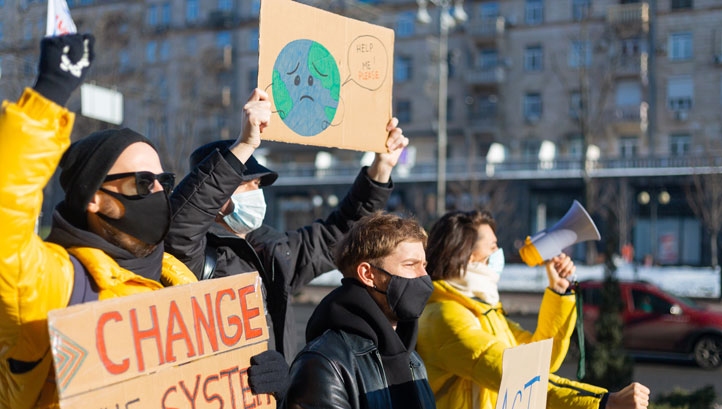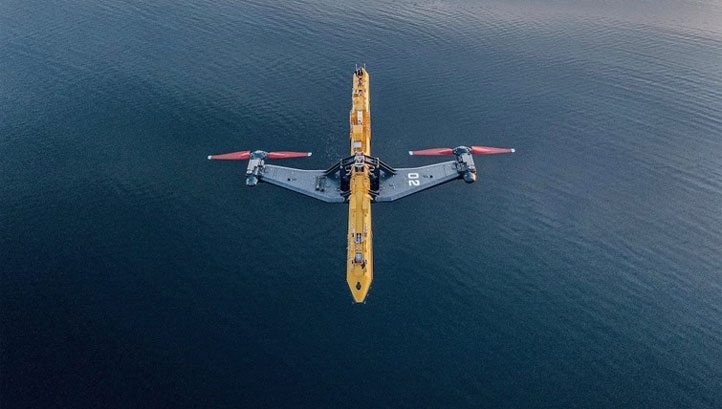For many years I have organised a biannual litter-pick in our village. This post from Edie strikes a chord. I presume that the Coca-Cola numbers include Costa Coffee which is one of the largest offenders in our area.
Jottings from SW Surrey. This used to be mainly about energy but now I've retired it's just an old man's rant. From 23 June 2016 'til 12 December 2019 Brexit dominated but that is now a lost cause. So, I will continue to point out the stupidities of government when I'm so minded; but you may also find the odd post (or repost) on climate change, on popular science or on genealogy - in the latter case particularly my own family.
Thursday, 2 September 2021
Staggering Towards Coal Phase Out
The closure of Ratcliffe PS is being taken right to the wire according to this post from Edie. I can't say I'm sanguine about an EfW unit to be based at the same site. Hey ho!
Just Not Enough
Repost from Edie:
Almost half of world nations fail to submit updated climate plans ahead of COP26
2 August 2021, source edie newsroom
A little over half of the world's nations have submitted updated climate action plans ahead of the crucial climate summit in Glasgow later this year, with the UK now pressing for the likes of China and India to outline decarbonisation plans.

As hosts of COP26, the UK is expected to encourage, or indeed pressure, other nations to submit raised climate action plans ahead of COP26 this November
Last Friday marked the cut-off date for the submission of new or updated Nationally Determined Contributions (NDCs) to the Paris Agreement. These commitments detail timeframes for required decarbonisation that contribute to either the 2C or 1.5C target of the global climate accord.
The UNFCCC has confirmed that it received new or updated NDCs from 110 of the 197 nations that the UN recognises. While this is an increase of 35 submissions compared to the end of 2020, only 58% of global nations have met this cut-off deadline.
These new commitments will be included in a new synthesis report that will be issued ahead of COP26 and will provide a timely temperature check of global efforts to combat the climate crisis. Current data from the UN suggests that, based on NDCs, the world is on track for 3C of warming.
Separate data from the Intergovernmental Panel on Climate Change (IPCC) also warns that emissions must have been reduced by at least 45% by 2030 compared to 2010 levels to put the world on course to alleviate the worst impacts of the climate crisis.
New or updated NDCs have been issued from the likes of Israel, Sri Lanka, Sierra Leone, Nigeria, Namibia, Malaysia, and Malawi. However, there are notable exclusions from the latest NDC submissions, namely China and India.
Responding to the deadline, the UNFCCC’s executive secretary Patricia Espinosa said: “The reduction of emissions needs to be a consistent, cumulative process. I call on those countries that were unable to meet this deadline to redouble their efforts and honour their commitment under the Paris Agreement to renew or update their NDCs.
“I also encourage those who have submitted their NDCs to continue reviewing and enhancing their level of ambition. By doing so, they will contribute to the preservation of our planet and the well-being of people around the world.”
UK pressure
Nations are expected to submit new NDCs every five years under the terms of the Paris Agreement.
The UK has submitted its updated NDC ahead of COP26. The UK Government will aim to reduce emissions by 68% by 2030, while under the Sixth Carbon Budget, national emissions will be reduced by 78% by 2035.
As hosts of COP26, the UK is expected to encourage, or indeed pressure, other nations to submit raised climate action plans ahead of COP26 this November.
This pressure will be felt by G20 nations. G20 member countries collectively allocated subsidies topping $3.3trn to the oil, coal, gas and fossil-fuelled electricity generation sectors between 2015 and 2019 - a level incompatible with the Paris Agreement.
That is according to a major new report from Bloomberg NEF and Bloomberg Philanthropies, entitled the ‘Climate Policy Factbook’. Policies assessed cover three areas: phasing out financial support for fossil fuels, putting a price on emissions and encouraging climate risk disclosure. Of the G20 nations, only France and Italy were deemed to be making good policy progress in all three respects.
Particular alarm is sounded over the lack of progress in phasing out financial support for fossil fuels. The report highlights the fact that direct support for fossil fuels from the G20 governments in 2019 topped $636bn – a decrease of just 10% since the ratification of the Paris Agreement in 2015.
Tidal Turbine
It seems to have been a long time coming but (repost from Edie) .....................
‘World’s most powerful’ tidal turbine starts generating electricity

Official figures from the UK Government this week confirmed that renewable electricity accounted for a record 43.1% of the UK’s generation mix during 2021. As expected, offshore wind accounted for the majority of generation.
Another positive announcement in the UK’s renewables space came from Orkney’s European Marine Energy Centre (EMEC), where Orbital Marine Power’s O2 tidal turbine this week begun generated power whilst connected to the grid for the first time. The 2MW offshore unit is anchored in the Fall of Warness and has been under development for some 15 years. It is expected to have a working life of 15 years.
Orbital Marine Power has confirmed that the turbine, which received financial support from the Scottish Government and Abundance Investment, will be providing power to a new onshore electrolyser for green hydrogen generation. The UK is notably striving to host 5GW of low-carbon hydrogen generation capacity by 2030.
"Our vision is that this project is the trigger to the harnessing of tidal stream resources around the world to play a role in tackling climate change whilst creating a new, low-carbon industrial sector,” Orbital Marine Power’s chief executive Andrew Scott said.
